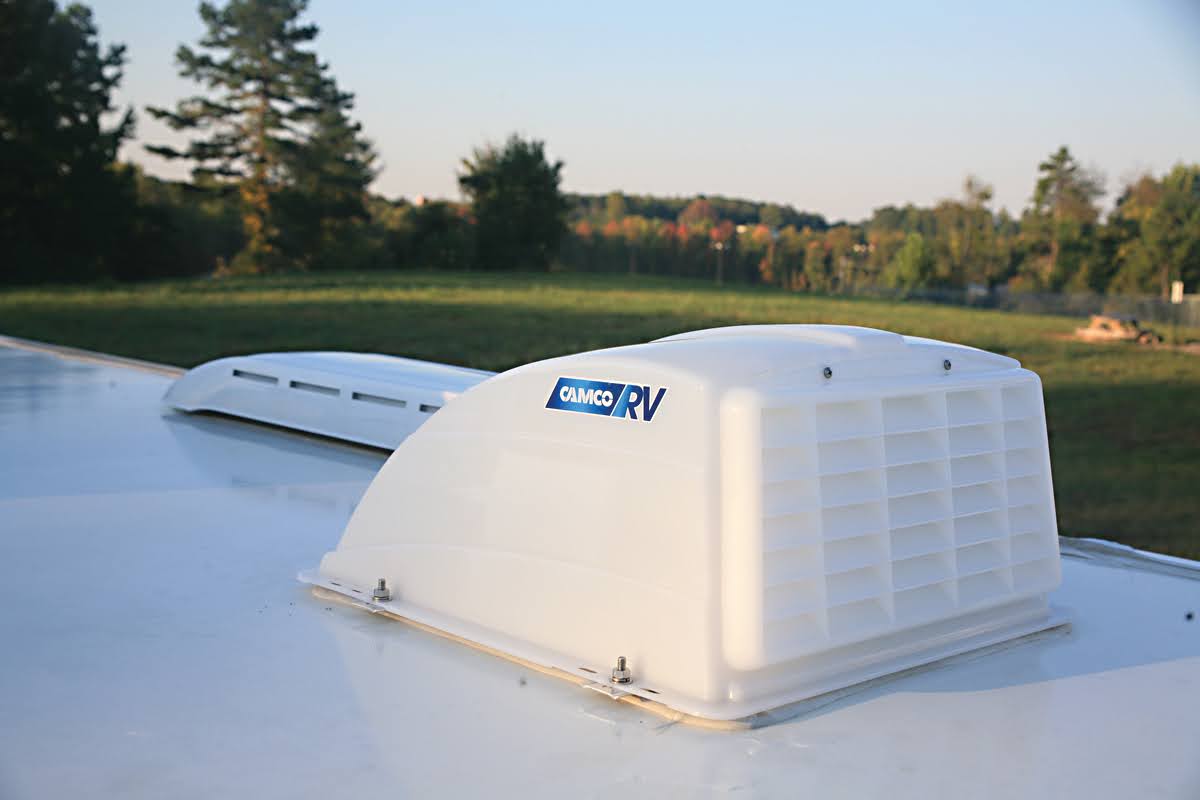Top 9 Challenges of Working on the Road
By Jack Huber
Working from the 5th wheel, whether boondocking, dry camping or staying in RV resorts, can be difficult at times. Here's a list of my top 9 challenges and considerations from our experiences of working on the road.
9. Noise (AKA “Quiet, please”)
Some campgrounds are especially loud, especially if they cater to children. Even if you don’t need a quiet space in which to converse with customers, you might just want to be able to concentrate.
8. Printed data destruction
We often deal with transactional financial data, personal info, and private business information. Sometimes this info has to be printed, scanned, completed or signed, and returned. Once sent, we still have private paperwork to get rid of, and in these days of dumpster diving by identity thieves, we have to make sure this data is destroyed. Before we bought a small office shredder, we had to keep them safe until we were staying in a park or area that allowed campfires.
7. Making time for sightseeing
We are living in an RV for a reason, right? We want to experience all that a region has to offer, which means fine-tuning our work/play balance to allow as much sightseeing as possible. In the case of fabulous surroundings, i.e. the Badlands of South Dakota, the Rocky Mountains in Colorado or Canada, or the fabulous Oregon coast, there may be a tendency to let work slide a bit in favor of touring.
6. Working while boondocking
Boondocking has its own share of challenges and some of those affect your work process. We don’t have solar, so power can be problematic, such as scheduling extended computer time around running the generator, which can also be noisy. Since boondocking is often done in very rural environments, cell and Internet connections can be worrisome, and often we don't know if that is the case until we arrive. Even a top-of-the-line cell signal booster can’t boost zero signal.
5. Travel days
If you are like us, you won’t be moving between locations on the weekend. That means that every other week or so, depending on your RV lifestyle, you’ll be spending a few workday hours driving, not ideal if you plan on getting any work done. Cell signals come and go as you travel and scenery you may never have seen before calls to you. Sometimes it’s necessary, but we try to avoid working in the truck.
4. Time zones
In the past year we traveled through all four U.S. time zones, five if you count Arizona’s flip-flop between Pacific and Mountain zones, and some multiple times. Even with static customer locations, it can be difficult to remember when their offices open and close, and with multiple locations, it’s a headache at best. More than once we have added hours instead of subtracting, or vice-versa when setting up appointments, and neither Outlook nor Google Calendar makes time zone changes reliably.
3. Workspace and supplies
Working in the rig doesn’t necessarily require a desk and file cabinets, but you definitely need storage space for supplies and batteries, power cords and strips, accessories (like a printer/scanner, office phone, and headphones), and lighting. Ever run out of ink when the nearest office supply store is over 50 miles away? We have. We try to keep up on all our office supplies well before we run out.
2. Park Wi-fi
Believe it or not, we have found a few parks with decent wi-fi available, usually for a fee. It’s not usually open for streaming TV or movies, but can be adequate for business applications. I don’t think I could say that if not for the WiFiRanger SkyPro package we installed. Knowing that we may have to depend upon a resort for Internet at times, it was important that we maximize our Internet access.
1. Internet and cell phone connectivity
Hands down, the top business concern wherever we go is connectivity, both cellular, and Internet. There are whole portions of the country that provide only a primary carrier’s signal well, whether that’s Verizon, AT&T, Sprint, T-Mobile or another carrier. Unless you are in a metropolitan area, and sometimes even if you are, you may not have a device relying on that primary provider. We utilize two methods of hedging our bets. First, we installed a weBoost RV 4G cell signal booster, which will enhance a signal up to 32 times (remember that you can’t boost zero signal). Then we diversified our devices, with cell and/or hotspot devices from Verizon, AT&T, and Sprint. With these solutions, there have been very few camping spots where we didn’t have at least some cell phone and Internet.
I would add one honorable mention to my list- severe weather. Avoiding lightning, rain, floods, and wind can certainly affect your work schedule. We’ve been so fortunate to have missed all of the severe weather around the country this year, but that may not last. We’ve seen tornados affect RV’ers in many terrifying ways this spring, including throwing rigs into a lake with the owners still aboard.
Learn More About Boondockers Welcome
We promise not to spam you!







Great article.
Your “honorable mention“ speaks to me… I actually filmed a tornado while parked at a Walmart just two months ago. I could not believe nobody else was panicking, just me. A nice trucker who I was parked close to told me not to worry about it because it was much further away than it looked. That didn’t help, LOL.
Report This
Great article.
Your “honorable mention“ speaks to me… I actually filmed a tornado while parked at a Walmart just two months ago. I could not believe nobody else was panicking, just me. A nice trucker who I was parked close to told me not to worry about it because it was much further away than it looked. That didn’t help, LOL.
Report This